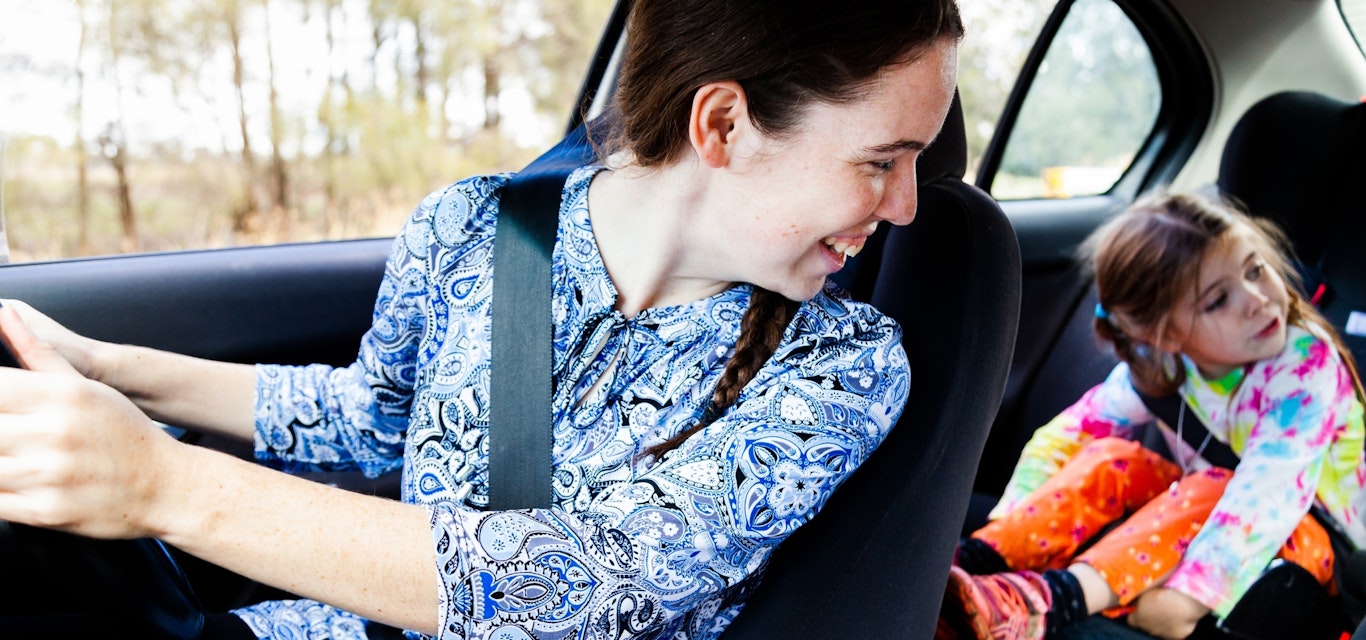Be safe over the festive season
Keep safe during the summer holiday period with these tips from Scott Tilyard, Chair of the Road Safety Advisory Council.
With the festive season upon us everything becomes busier, including our roads. Over the next month or so the number of vehicles on Tasmanian roads will increase significantly. More people are travelling to different functions and family events, and we will also see an influx of tourists to our state.
The Road Safety Advisory Council and Tasmania Police are preparing to launch a new campaign that encourages people to think about their driving behaviour this holiday period to ensure they make it safely to their intended destination.
The campaign will highlight the fact that if you break the rules, being caught is one of the best possible outcomes, as it identifies a risky behaviour that could end up resulting in a catastrophic crash.
Christmas is also one of the busiest periods of the year for our police and emergency services. While police are looking out for bad behaviour, they want nothing more than for all drivers and their passengers to safely complete their journey.
But we need all road users to take responsibility for their actions. It’s easy for people to become frustrated and impatient but making the right decisions both before you get on the road and while on the road can be the difference between life and death. We’re aiming to pick up this bad behaviour before it causes a crash, or worse.
Police will be targeting the ’fatal five’ high-risk behaviours that are the main contributing factors in serious crashes and road fatalities: speeding, driving under the influence of drugs or alcohol, distraction, not wearing a seatbelt and fatigue.
A crash at any time is tragic, but no one wants to see this time of year marred by the death or serious injury of a loved one because of a road crash.
Top tips for safe driving
1 - Obey the speed limit
Drivers also need to drive to the conditions. You can’t always drive at the speed limit, especially on rural roads where the default speed limit is 100km/h. You may need to adjust your speed to suit the conditions particularly on winding and unfamiliar roads.
2 - Pay attention
It only takes a second to become distracted and cause a crash. Distracted drivers are a danger to not only themselves but also their passengers and other road users. Activities such as texting or even glancing at your mobile phone for a quick second mean your eyes aren’t on the road; it’s like you’re driving blind.
3 - Rest if you’re tired
Arriving a little bit late is better than not arriving at all. If you’re planning on a long drive, try to get plenty of rest the night before. If you’re tired, even on a short journey, pull over and rest or postpone your trip. On longer journeys take regular breaks from driving, at least every two hours, and swap drivers where possible.
4 - Buckle up
Seatbelts save lives. Make sure that everyone in the car has their seatbelt on and that it’s correctly fitted. It’s especially important to ensure that children are wearing a properly fitted seatbelt or harness and that younger children have an approved booster seat.
